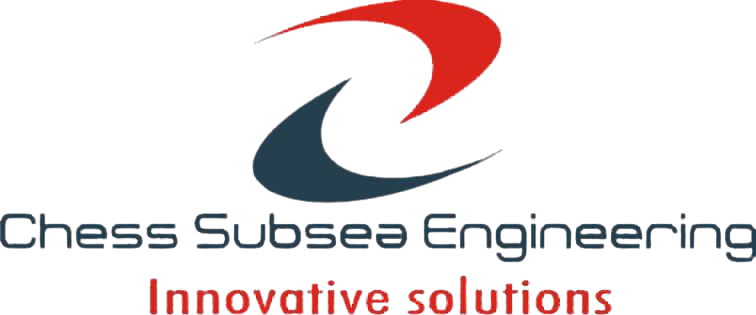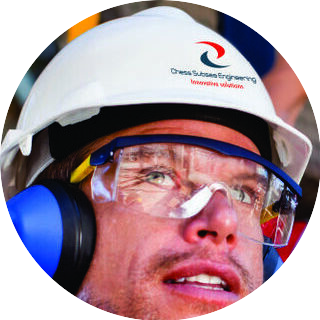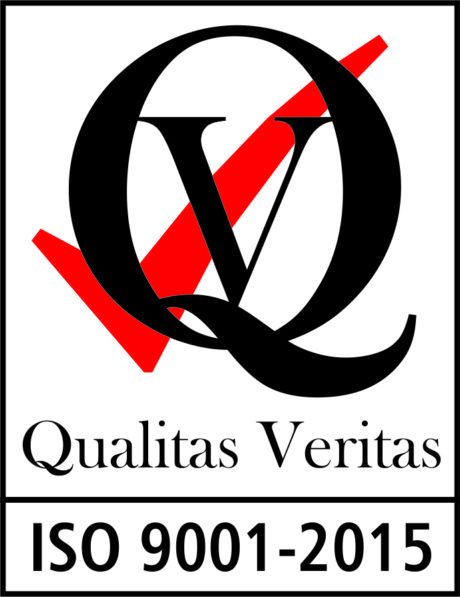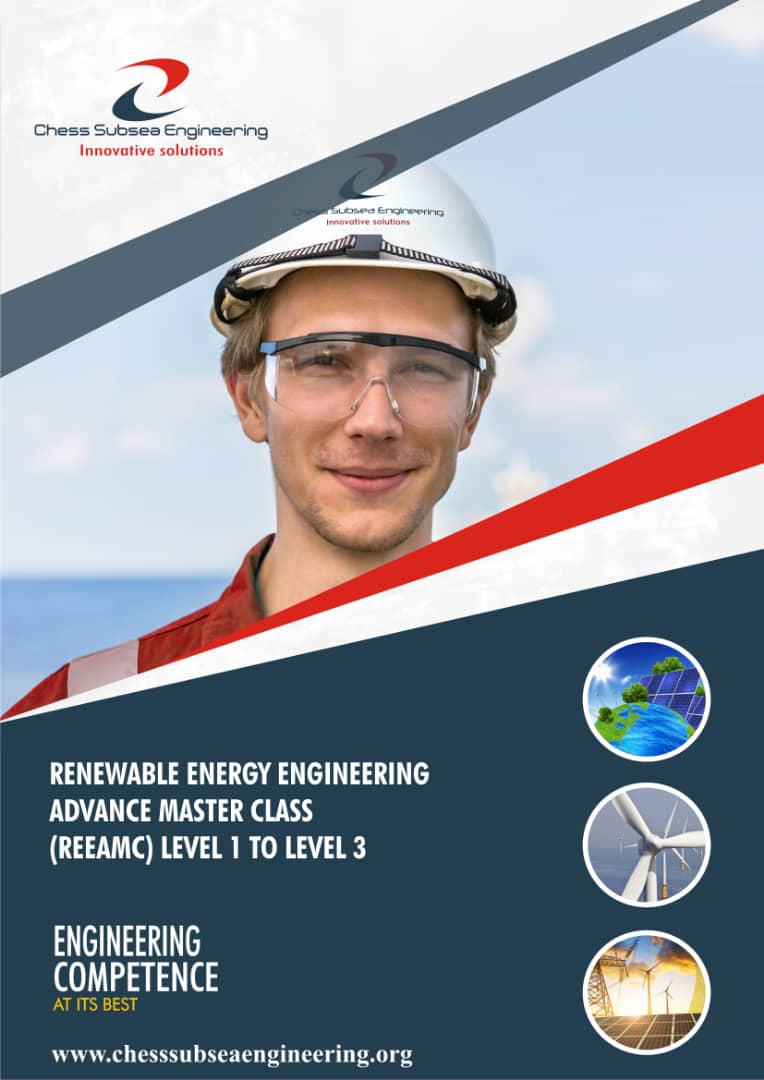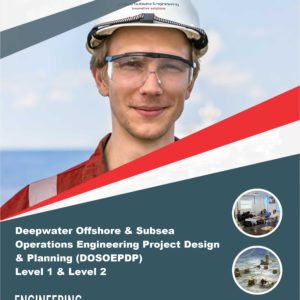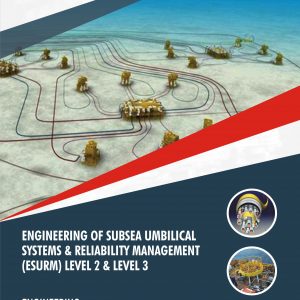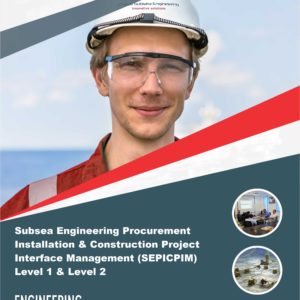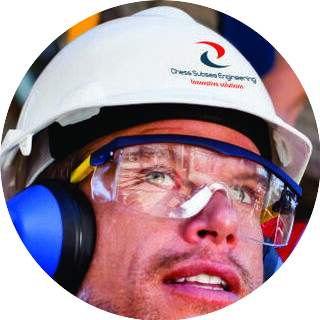Description
REEAMC Level 1 is an advanced master class that provides participants with an in-depth understanding of renewable energy engineering, covering advanced concepts, technologies, and applications across various renewable energy sources such as solar, wind, hydropower, biomass, and geothermal.
REEAMC Level 2 builds upon the knowledge gained in Level 1 and focuses on specialized topics within renewable energy engineering, including energy storage systems, grid integration, advanced power electronics, and emerging technologies, enabling participants to design and optimize advanced renewable energy systems.
REEAMC Level 3 is the highest level of the master class, offering an advanced exploration of renewable energy engineering, including advanced system modeling and simulation, project development and management, policy and regulatory frameworks, and advanced research areas, empowering participants to lead and innovate in the renewable energy sector.
Participants in REEAMC Level 1 to Level 3 will gain comprehensive knowledge of renewable energy system design, optimization, performance analysis, and economic feasibility assessment, enabling them to make informed decisions and contribute to the development of sustainable energy solutions.
The REEAMC master class series is designed to equip participants with the advanced skills, knowledge, and expertise required to address complex challenges in renewable energy engineering, foster innovation, and contribute to the transition to a clean and sustainable energy future.
REEAMC Level 1 to Level 3 course explores all the major aspects of Renewable Energy including Hydrogen & Fuel Cells, Solar Thermal Energy, Solar Photovoltaics & Charge Controller, Wind Energy, C02 Carbon Capture & Solar Fuels, Nuclear Energy, Natural Resource Management. and more.
Course Outlines
Renewable Energy
Different forms of Renewable Energy
Key Drivers of Renewable Energy
Electrochemistry Basis
Fuel Cells & Hydrogen Storage
Coal Fired Plants
Integrated Gasifier Fuel Cells (IGFC) Systems
Introduction to Solar Thermal Energy
Using Solar Energy to Provide High-Temperature Heat & Electricity
Different Types of Systems
Application of Solar Thermal Energy
Module 1:Solar Photovoltaics
Introduction to Solar Photovoltaic (PV)
Major System Components
Layers of a Solar Photovoltaic (PV) Cell
Solar Photovoltaic (PV) Effect
Mechanism of Generation
Various Types of PV Cell
Solar PV System Sizing
A Case Study of Solar PV System Sizing
Solar Cell Efficiency
Drawbacks of Solar PV
Comparison of Solar Thermal & Solar PV
Module 2:Solar Charge Controller
What is SCC
Why we use SCC
Why Multi stage Charging
Charging stage of SCC
Types of SCC
What is PWM & MPPT?
How MPPT works?
Main features of MPPT solar charge controller
How to choose MPPT solar charge controller for PV modules
How to set system configuration of MPPT solar charge controller
How to choose MPPT solar charge controller for PV module and battery
Introduction to Wind Energy
What is Wind Energy
Classification of Wind Energy Based on Types
Generation of Wind Power
Components of a wind turbine
Working Mechanism of Components of a wind turbine
Types of Wind Turbine
Fixed & Variable Speed Turbines
Wind Turbine Generators
Wind Turbine Configurations
Wind Turbine Size & Power Rating Calculations
Case Study of India Wind Power
Advantages & Disadvantages of Wind Energy
Introduction to Carbon Capture
Why do we need CO2 Capture & Storage
How do we meet this challenge
Carbon Capture Mechanism
Carbon Capture Technologies
Carbon Capture Transportation
Carbon Capture Storage
What is Nuclear Energy
Neutrons Reactions, Nuclear Fission & Fusion
Nuclear Reactors
Nuclear Fuel Cycle
Nuclear Energy Systems: Generation IV
Storage & Disposal of Nuclear Wastes
Nuclear Reactor Safety
What is Natural Resources Management
Classification of Natural Resources
Natural Resource Management
Relationship of Culture Nature & Resources
The Three R’s to save the Environment
Casual Factors of Threat on NRM
Resource Management & Development
Human Dimensions in Natural Resource
Challenges of Impact Assessment in NRM
Assessment
Participant underpinning knowledge of renewable energy at Level 1 to Level 3 shall be accessed with short answer multiple-choice questionnaire and case studies at the conclusion of the course.
Outcome
Participants will gain an in debt understanding of renewable energy at Level 1 to Level 3. They will also be able to function with minimum supervision as Green Building Engineer, Energy Systems Engineer & Renewable Energy Engineer for IOCs & renewable enegy contractor, vendor or installation company.
Professional Certificate
Issued directly by Chess Subsea Engineering Europe.
Participant may be presented for Offshore Petroleum Training Organization (OPITO) Certification.
How to Register
Click here to download registeration booklet on msword and email completed booklet to info@chesssubseaengineering.org directly.
